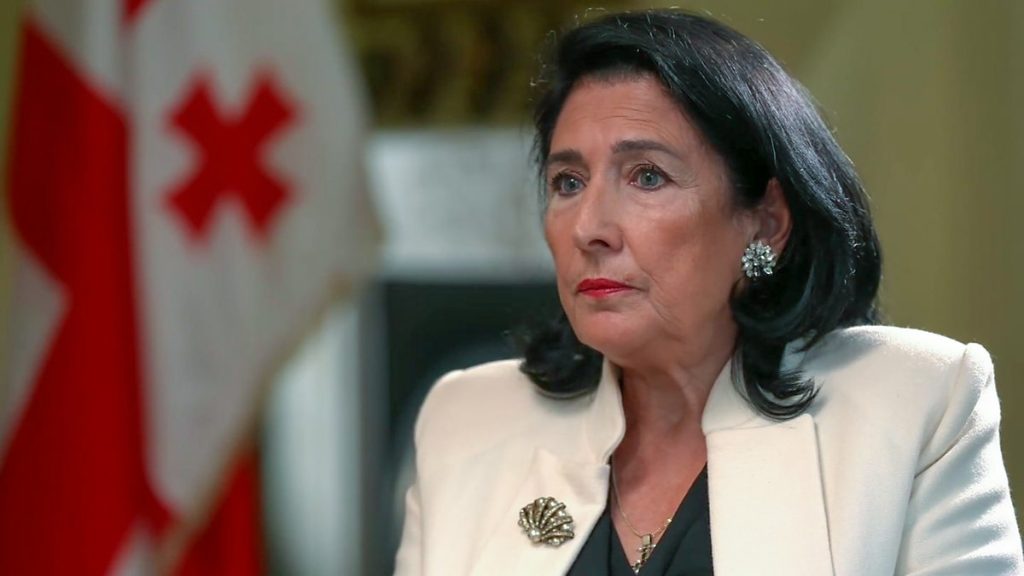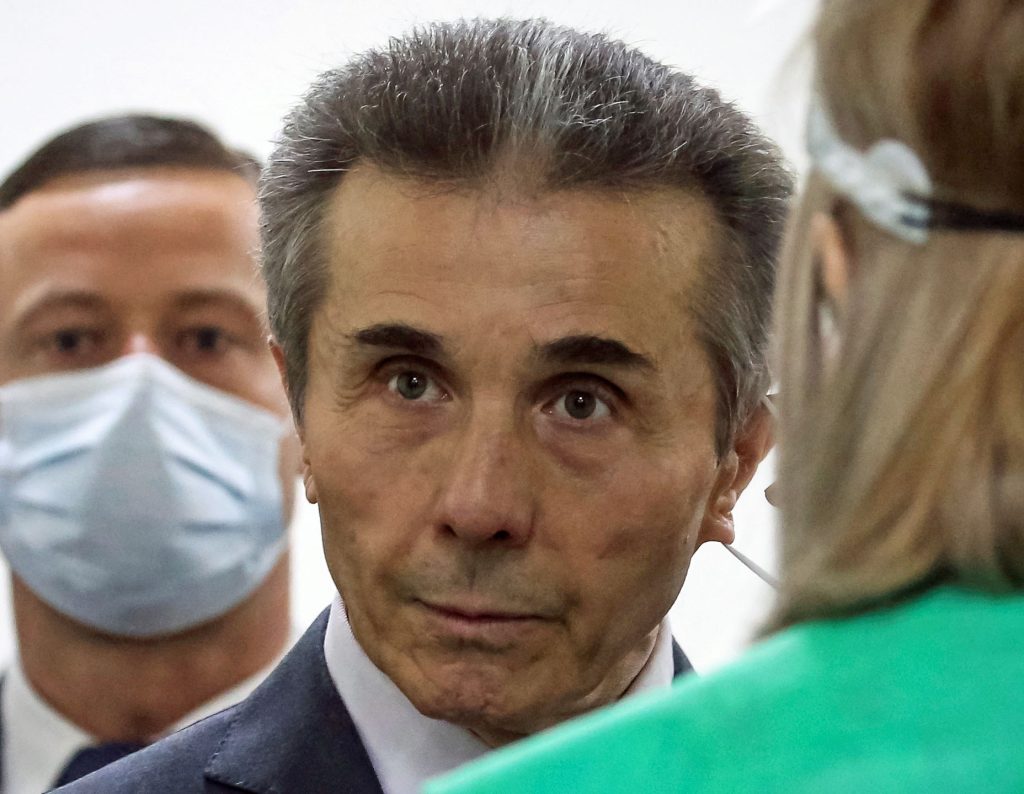Europe: Georgian legislators unanimously adopt Russian-style bill to curb LGBT rights
Colin Stewart is a 45-year journalism veteran living in Southern…
Trans influencer murdered; local Pride group unlikely to survive, its leader says

At the easternmost edge of Europe, the nation of Georgia this week embraced politics like those of its northern neighbor, Russia, as its parliament unanimously passed anti-LGBTQ legislation that could shut down Pride celebrations.
The former Soviet republic has expressed interest in joining the European Union, but the prospects of achieving that goal have dimmed because the new bill “will undermine the fundamental rights of the people and increase discrimination and stigmatisation”, according to EU High Representative Josep Borrell .
The bill would ban same-sex marriage, gender-affirming surgeries, child adoption by non-heterosexuals and the promotion of same-sex relationships in schools.
On Wednesday, one day after that vote in parliament, one of Georgia’s best-known transgender women was killed at home, a murder that several human rights activists blamed on officials’ promotion of the anti-LGBT bill.

The BBC reported on the murder:
Local officials say Kesaria Abramidze, 37, was stabbed to death in her flat in the capital, Tbilisi, on Wednesday.
The interior ministry said it was investigating a “premeditated murder committed with particular cruelty and aggravating circumstances on gender grounds”.
A 26-year-old man has been arrested in the case that has shocked the small South Caucasian nation. Georgian media reported he was known to the victim.
Rights groups have linked the killing to the new anti-LGBT law, arguing the government’s promotion of it had fuelled transphobic hate crime.
Georgian President Salome Zurabishvili, who opposed the new law, said the “horrendous murder” raised urgent questions about hate crimes and discrimination. …
[Local] LGBT rights campaigners said the government had used homophobic and transphobic language and ideas in promoting the bill.Several activists directly linked what they said was the government’s harmful rhetoric to the killing of Ms Abramidze.
One of the first openly trans public figures in the country, she had represented Georgia in international trans pageants and had more than 500,000 followers on social media.
“Political homophobia, biphobia, and transphobia have become central to the government’s official discourse and ideology,” said local human rights group the Social Justice Center.
“Kesaria Abramidze’s killing cannot be viewed separately from this overall grave context,” it added.
Progressive politicians outside the country have also linked the killing to the government’s legislative agenda.
“Those who sow hatred will reap violence. Kesaria Abramidze was killed just one day after the Georgian parliament passed the anti-LGBTI law,” wrote German lawmaker Michael Roth, the social democratic chair of the country’s foreign affairs committee.

Georgian lawmakers on [Sept. 17] approved the third and final reading of a [bill] on “family values and the protection of minors” that would impose sweeping curbs on LGBT rights.
The bill would provide a legal basis for authorities to outlaw Pride events and public displays of the LGBT rainbow flag, and to impose censorship of films and books.
Leaders of the governing Georgian Dream party say it is needed to safeguard traditional moral standards in Georgia, whose deeply conservative Orthodox Church is highly influential.
Activists say the measure is aimed at boosting conservative support for the government ahead of a parliamentary election on Oct. 26 in Georgia, a country that has ambitions to join the European Union but which Western governments fear is now tilting back towards Russia.
Tamara Jakeli, director of campaign group Tbilisi Pride, said the bill, which also restates an existing ban on same-sex marriage and bans gender reassignment surgery, would likely force her organisation to close its doors.
“This law is the most terrible thing to happen to the LGBT community in Georgia,” Jakeli, 28, told Reuters. “We will most likely have to shut down. There is no way for us to continue functioning.”
Georgian President Salome Zourabichvili, a critic of Georgian Dream whose powers are mostly ceremonial, has indicated that she will block the bill. But Georgian Dream and its allies have enough seats in parliament to override her veto.
LGBT rights are a fraught topic in Georgia, where polls show broad disapproval of same-sex relationships, and the constitution bans same-sex marriage. Participants in Tbilisi’s annual Pride marches have come under physical attack by anti-LGBT protesters in recent years.
The issue has become more prominent ahead of October’s election, where Georgian Dream is seeking a fourth term in office and is campaigning heavily against LGBT rights.
The ruling party, whose top candidate for the election is billionaire ex-prime minister Bidzina Ivanishvili, has deepened ties with neighbouring Russia as relations with Western countries have soured.
Earlier this year, it passed a law on “foreign agents” that the European and U.S. critics said is authoritarian and Russian-inspired. Its passage sparked some of the largest protests Georgia has seen since independence from the Soviet Union in 1991.
Opinion polls show the party, which in 2014 passed a law banning anti-LGBT discrimination before later pivoting to more conservative positions, remains Georgia’s most popular, though it has lost ground since 2020, when it won a narrow majority in parliament.
In one ruling party advert aired on Georgian television, Pride director Jakeli’s face is shown alongside the words: “No to moral degradation”.
Jakeli said that the bill could only be stopped if Georgian Dream were to lose power in October, though she noted that the country’s opposition parties are not overtly supportive of LGBT rights.
“The only way we can survive in this country and have any progress on LGBT rights is for us to go in great numbers to the elections and vote for change,” she said.




